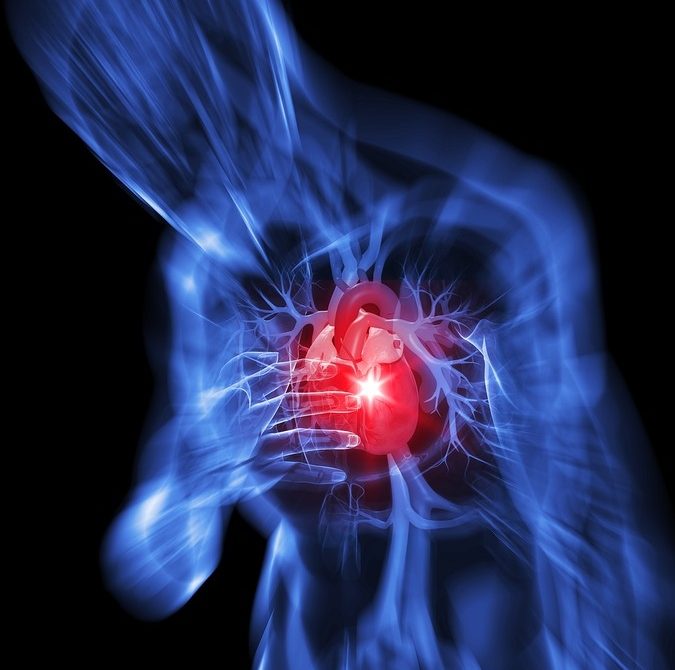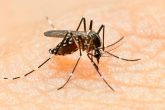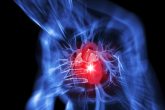
The African mind set of attributing supernatural causes such as witchcraft, spiritual attacks, generational curses, and other such influences to illness, negatively impacts when, how and where we seek health care. It delays proper diagnosis and appropriate treatment leading inevitably to unnecessary complications and in many cases unnecessary deaths. This uniquely African approach to ill health also fosters a culture of myths, misconceptions and misinformation about disease.
Sudden death in an adult is a typical scenario that illustrates this quite well. In Sub-Saharan Africa, heart attack and stroke, both non-communicable diseases, are the two leading causes of sudden death in adults over 30 years old. In this part of the world however, sudden death is often attributed to “external” causes.
The term “heart disease” is often used interchangeably with the term “cardiovascular disease.” Cardiovascular disease generally refers to conditions that involve narrowed or blocked blood vessels that can lead to a heart attack, chest pain (angina) or stroke. Putting it simply, heart disease leads to a heart attack, chest pain (angina) or stroke.
A heart attack and a stroke are essentially the same condition occurring in two different parts of the body. Your heart muscle needs oxygen to survive. A heart attack occurs when the blood flow that brings oxygen to the heart muscle is severely reduced or cut off completely. When the heart muscle is starved of oxygen and nutrients, damage or death of part of the heart muscle occurs which is what is referred to as heart attack or myocardial infarction (MI). Similarly, your brain needs oxygen to survive. A stroke occurs when blood flow to a part of the brain is blocked, most often as a result of hypertension. If blood flow is cut off for longer than a few seconds, the brain cannot get blood and oxygen and part of the brain dies or is damaged.
The uncomfortable truth is that a stroke or heart attack is the last part of a process that started some time before and really isn’t sudden.
Blood vessels throughout the body, including coronary arteries that supply the heart muscle with blood can slowly become narrow from a buildup of fat, cholesterol and other substances that together are called plaque. This slow process is known as atherosclerosis. When a plaque in an artery breaks off, a blood clot forms around the plaque. This blood clot can block the blood flow to major organs causing damage or death of the heart muscle, brain and/or kidneys.
Unhealthy lifestyle habits such as smoking, excessive alcohol use, high fat diet, high salt intake and lack of exercise puts anyone at risk for heart disease, heart attack, hypertension, and stroke. Your genetic makeup, black race, and obesity are also important risk factors.
Obesity, the result of so-called “good living” is a particularly big risk factor that will ultimately reduce the quality of your life and may even shorten life expectancy. Even if you’re not overweight but have consistently high cholesterol levels, have hypertension or diabetes, you’re at risk of “sudden” death from a heart attack or stroke.
Join us for more on the myths and misconceptions surrounding cardiovascular disease in our next post.


